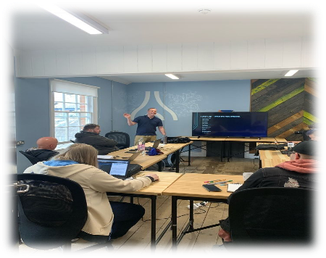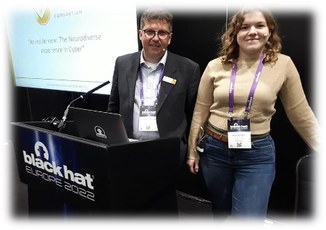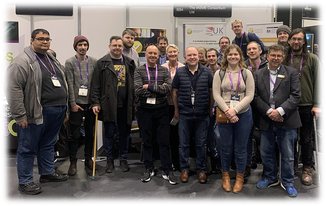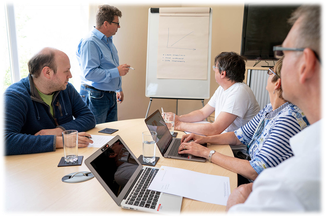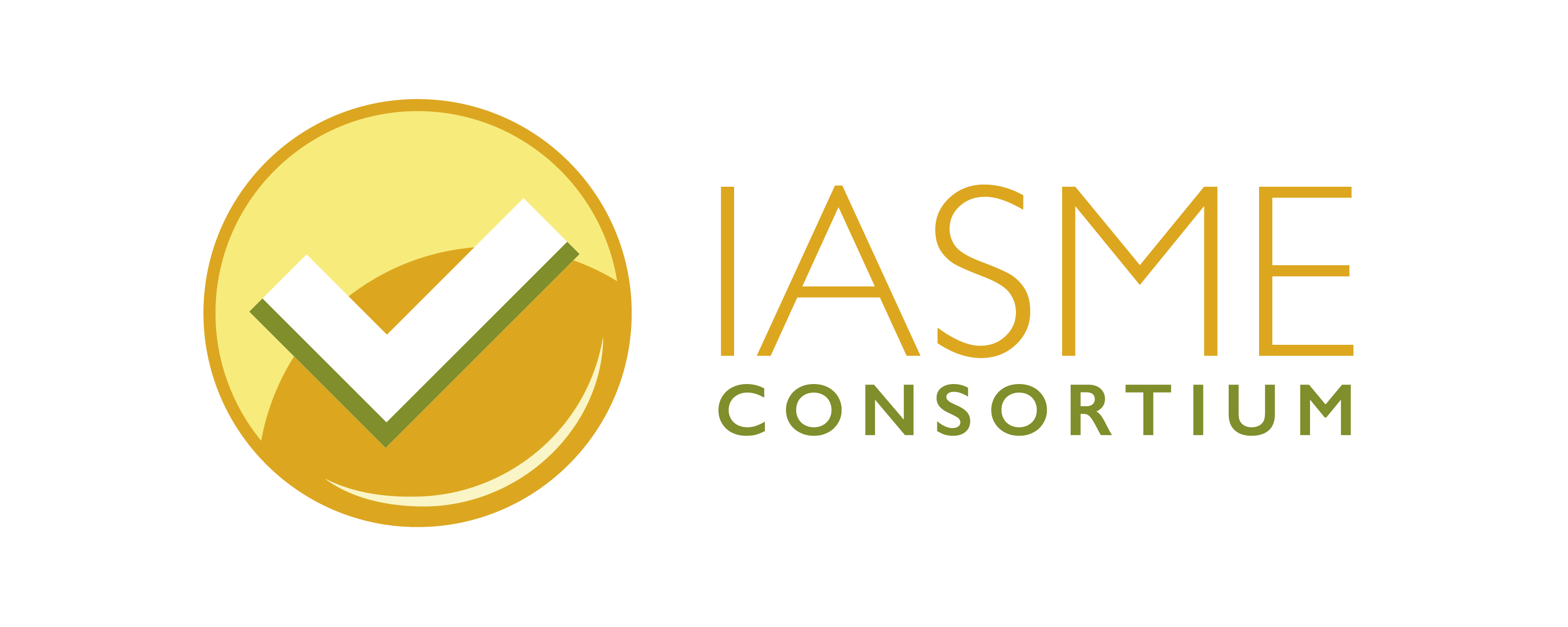This Month in Cyber News
- CISA: New Submarine malware found on hacked Barracuda ESG appliances
- Let’s talk about SaaS attack techniques
- Canon warns of Wi-Fi security risks when discarding inkjet printers
- “PhishForce” — Vulnerability Uncovered in Salesforce’s Email Services Exploited for Phishing Facebook Accounts In-The-Wild
- U.K. Electoral Commission Breach Exposes Voter Data of 40 Million Britons
- Tesla says data breach impacting 75,000 employees was an insider job
- The Physical Impact of Cyberattacks on Cities
Training & Development
Looking to take an advantage of LinkedIn Free Month Subscription? Here are some cyber course available to you:
- IT Security Foundations: Core Concepts
- Security Testing: Nmap Security Scanning
- Wireshark: Functionality
Workplace Strategy Tips – CV’s, Resumes and Application Forms
Getting ready for the day
If you are offered an interview it means all your hard work has paid off and you have made the leap from applicant to a real contender. You are likely to be pleased but also a bit apprehensive. Most people react to the news of an interview with some degree of anxiety. Interviews are often regarded as stressful because there’s a lot at stake. There’s also an element of uncertainty and, as human beings, we naturally become nervous when faced with a situation we aren’t in control of. Possible concerns you may have about interviews include things like:
- What should I wear?
- Who will interview me?
- How can I deal with interview nerves?
- What sort of questions will they ask me?
- What if I can’t think of something to say and make a fool of myself?
- What questions should I ask them?
But remember, there are lots of positive messages to be drawn from the prospect of an interview:
- Your application was good enough to get you to interview.
- On paper, the selector believes you may have the necessary requirements – now you can convince them!
- It’s an opportunity to find out more about them, and decide if you want the job or course.
- You’ll get valuable interview practice that will be of help in the future.
With a little thought, you can anticipate most of what will come up in the interview.
Thorough preparation does work
Preparation is the key to a successful interview so don’t overlook the practical details or leave things to the last minute.
- Make sure you know where to go and how long it will take to get there. Aim to arrive at least fifteen minutes early.
- Decide what you are going to wear beforehand and try it on for comfort (there’s more information on this next week).
- Do your revision. Read over your application and think about the questions that you might be asked.
- Take a copy of your application or CV, and if required, examples of your work.
- If you can, try to find out about the format of the interview, how long it will last, and who will be interviewing you.
- If you are making a presentation take a copy along on a memory stick and hard copy handouts.
- Think more deeply about yourself, the role, and the organisation or institution you are applying to.
Most of us experience some nerves in the run-up to an interview but if you have prepared thoroughly and retain a genuine interest and enthusiasm for the job or course, then you will have done your best – and that’s all you can really do!
Try to anticipate these questions
As part of your preparation, re-read the job or course description again so that you have a good understanding of exactly what is involved and what will be expected of you. Try to anticipate the key questions you might be asked by the interviewer, list what you can offer, and identify concrete examples of your suitability for the job or course you are applying for. Most importantly, you will need to think about how you can tailor your answers to what the selector is looking for.
The questions that an interviewer asks are likely to be quite detailed and some may be hypothetical. They are likely to be based around key topic areas such as:
- your skills, education, abilities, and personal qualities
- your knowledge of the job/study/research you are applying for
- what you know about the organisation and the industry or subject area it operates within
- your motivation for applying, along with your work or study preferences and interests
- your work experience
It may help to note what the recruiter is looking for from the job or course description and then write down bullet points of how you meet these criteria.
– Patryk Wozniak


